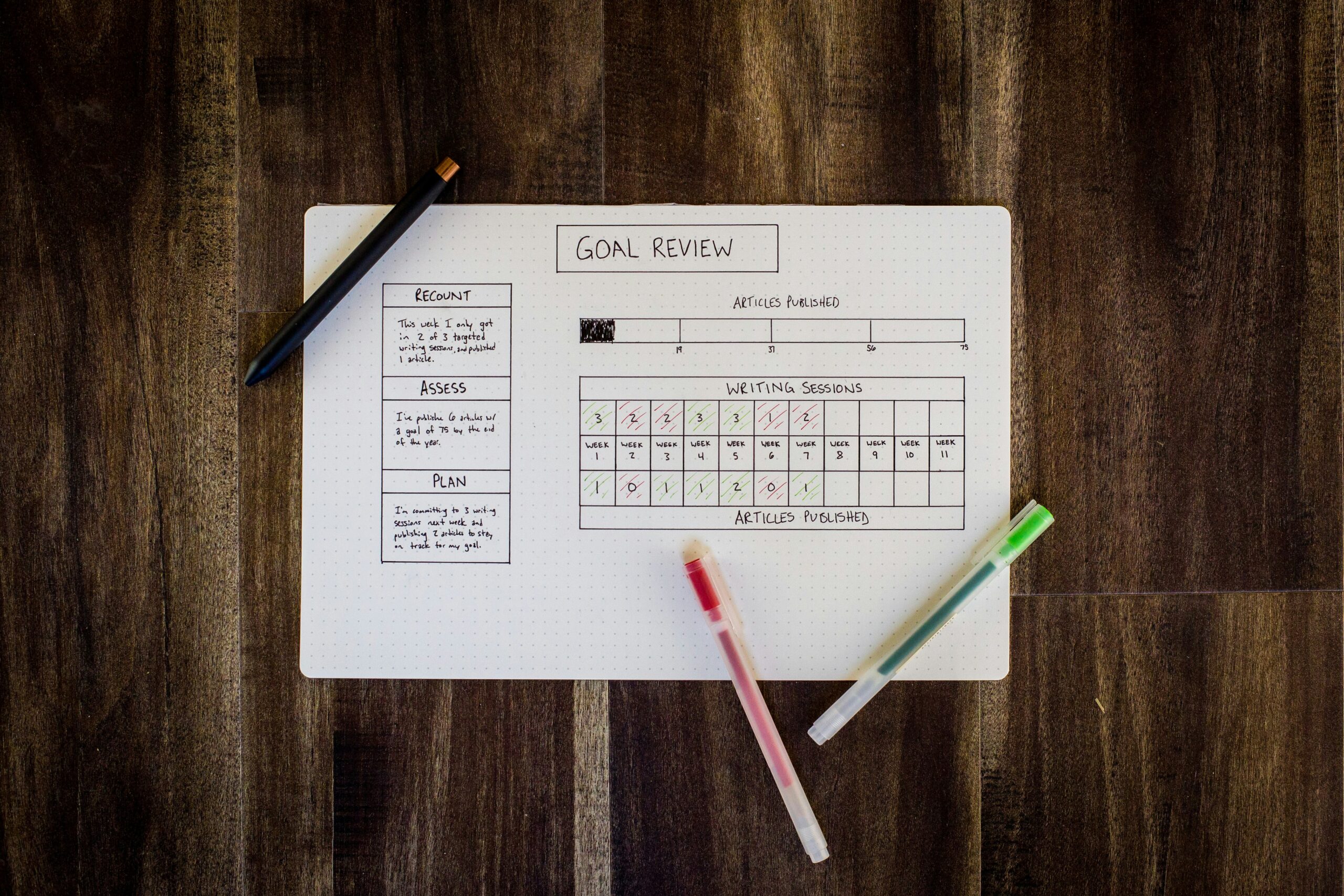I am a huge believer that growth happens within the relationship between the client and the therapist. If you invest your time and money into therapy, you want to get more out of it then you would a self-help book (although some of those can be helpful).
Some of the main qualities that clients report most helpful from their therapists are genuineness, compassion, ability to work through weird moments, their ability to manage their reactions, and viewing the client in a positive light. The most common thread from clients is that they want to be heard and understood. What do all of these have in common? You’re not going to see them listed in our credentials. You’re going to see trainings, education, and specialties because those are tangible and come with a paper certificate.
It’s quite difficult to measure “a good relationship,” until you’re in therapy and making a connection with your therapist which takes time. Humans are wired for connection and connection occurs in community and not isolation. If clients have the courage to connect by being vulnerable, a therapist can utilize their skills to ignite insight towards change.
When looking and connecting with a therapist, I encourage you to look for their personality and not their “brand.” Therapists that have developed a brand and a treatment specialty may only view your difficulties through one lens which may not help you feel seen and heard. Good therapy happens with a positive relationship AND a mutual agreement on what should be addressed and how these challenges can be worked through.
If you and your therapist agree on what you want to work through (your core issues), and how you’ll do it (e.g. weekly and with an open mind), forward trajectory will happen. If you feel that there is a great relationship but the goals are muddled or not understood by your therapist, talk about it in session! Therapists want forward progress just as much as clients so if this can be worked through, it’s worth the conversation.






